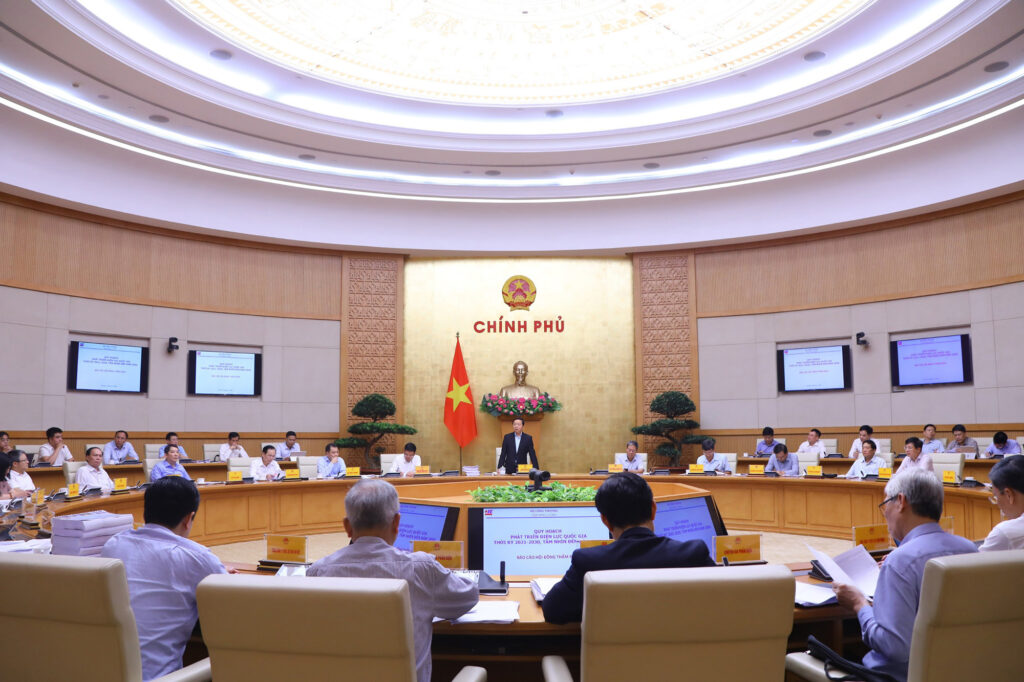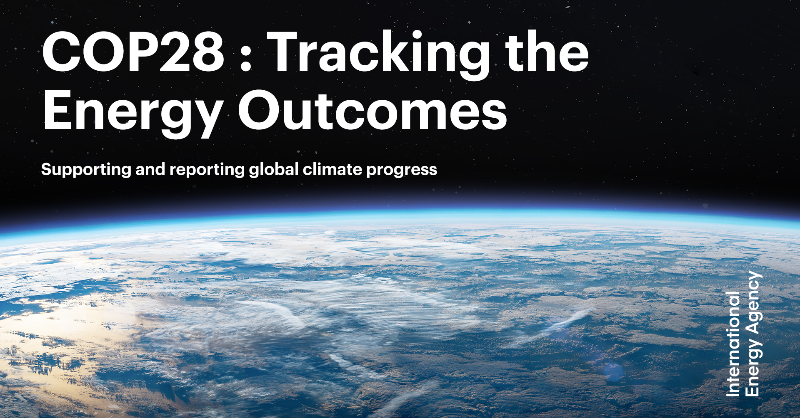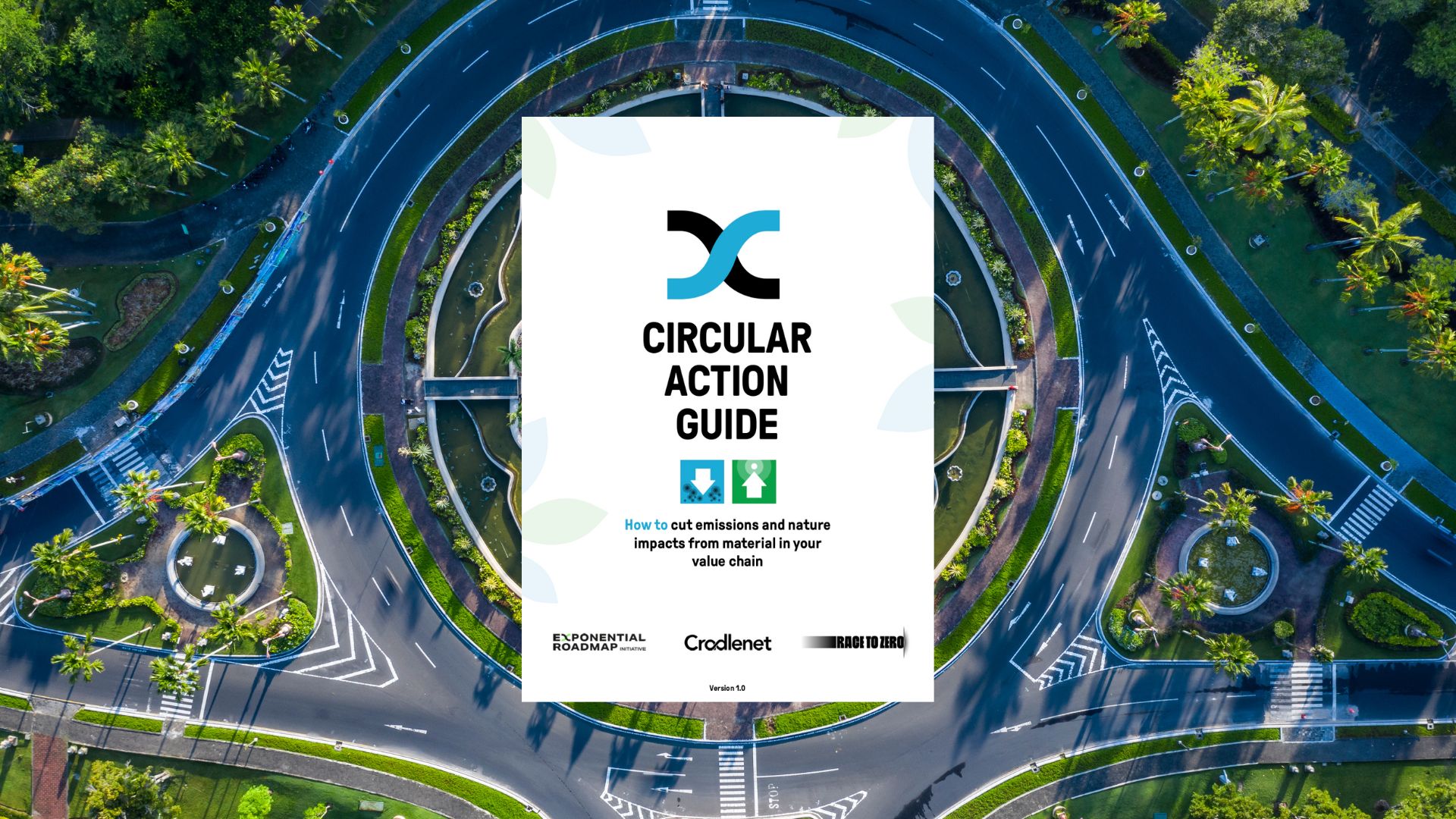Vietnam to More Than Double Power Generation by 2030 and Lower Offshore Wind Target

|
Listen to this story:
|
By 2050, there will be no more coal power
According to the report of the Ministry of Industry and Trade, the Power Master Plan VIII aims to fully supply the domestic electricity demand and meet the socio-economic development target with an average GDP growth of about 7%/year in the period of 2021. -2030, about 6.5-7.5%/year in the period 2031-2050. Criteria expect the probability of a load loss of 12 hours/year, corresponding to the reliability of power supply reaching 99.86% (equivalent to other countries in the world).
The power loss of the whole system in 2030 is about 6% and in 2050 is 5%… Building a smart, efficient grid system capable of connecting the region; greenhouse gas emissions from electricity production will reach 204-205 million tons in 2030 and about 27-31 million tons in 2050; implement the program on electrification of rural and mountainous areas, ensuring the target of 100% of households having electricity by 2030…
Regarding the structure of power sources, by 2030, the total capacity of power plants will be 158,244 MW (excluding exports). Of which, hydroelectricity accounts for 18.5%, coal-fired power 19%, domestic gas thermal power 9.4%, thermal power 14.2%, onshore wind thermal power 13.8%, solar power 13%. prioritized for development without capacity limit)…
Orientation to 2050, the total capacity of power plants is about 490,005-573,000 MW, hydroelectricity accounts for 6.3-7.3%, no longer using coal for power generation, thermal power using biomass 4. ,5-6.6%, offshore wind 14.3-16%…
The Ministry of Industry and Trade also proposed a number of solutions to implement the planning related to ensuring the security of power supply; laws and policies; environmental protection and natural disaster prevention and control; science and technology; economical and efficient use of electricity; international cooperation; strengthening domestic capacity, localizing electrical equipment, building and developing the electromechanical industry; electricity price; Organizing and monitoring the implementation of the plan…
The master plan also sets out a roadmap to drastically cut coal power to convert and replace it with clean energy sources, especially wind power and gas power.
Experts and scientists highly appreciate the innovative thinking in Power Master Plan VIII on the development of renewable energy projects prioritizing on-site use to reduce pressure on the transmission system; open planning in the development of power sources and energy centers in potential areas; roadmap, criteria to eliminate low efficiency thermal power plants, poor conversion ability.
However, some delegates also said that when implementing the Master Plan, it is necessary to focus on promoting projects that are many years behind schedule; have priority policies on site clearance, capital support, etc. to ensure that power projects are implemented on schedule; soon implement the offshore wind power development plan, which Vietnam has great potential compared to other countries in the region.
Leaders of Ministries of Science and Technology, Agriculture and Rural Development, Electricity of Vietnam have contributed ideas on the research orientation of new generation nuclear power technology, feasibility in the roadmap to replace coal power with renewable energy, plans to support renewable energy projects, green energy…
See related article: Vietnam EV Maker VinFast Secures $2.5 Billion in Funding
Adding new points of thinking and perspective
Concluding the meeting, Deputy Prime Minister Tran Hong Ha emphasized that Power Planning VIII is a particularly important and complex national sector plan and has been approved by many agencies, units, experts and scientists. as localities in the country are particularly interested.
Power planning VIII comprehensively assesses the situation of the revised Power Master Plan VII, points out shortcomings and weaknesses from the quality of the planning, solutions for organization and implementation, and draws many lessons on discipline and discipline. synchronization and responsibility in ensuring national energy security.
In addition to updating data close to reality and development needs, the Ministry of Industry and Trade, the consulting unit continues to clarify the reasons why many power projects are behind schedule, with solutions to overcome on the basis of defining “power planning is not a master plan, but related to regional and local planning, land, resources, and implementation mechanism”.
Regarding the development perspective, the Deputy Prime Minister said that the Electricity Master Plan VIII needs to add new points in thinking, scientific and technological progress in order to solve the challenges posed in responding to climate change and reducing inflation. net zero greenhouse gas emissions (net zero), conversion to renewable energy, green transition, circular economy, carbon tax on goods produced using fossil energy…
“This is an inevitable trend, an opportunity for Vietnam to integrate and successfully transform its economy, create an advantage in the free trade market, and put the interests of the nation and people first,” Deputy Prime Minister Nguyen Xuan Phuc said. said the general.
For the scenarios outlined in the Master Plan, the Deputy Prime Minister proposed to clarify the feasibility of technology, overall efficiency (power source, safety of transmission system, load…), solutions and mechanisms. mechanism to meet the electricity demand of industrial centers, key economic clusters, people, etc., especially in the case of a sudden increase in demand for electricity, which is not included in the planning.
“In case the demand for domestic electricity increases, or to achieve the goal of supplying electricity to 100% of people, it is necessary to have an appropriate mechanism for roof voltage, or a mechanism for production and consumption of renewable energy. spot for manufacturing enterprises,” suggested the Deputy Prime Minister.
Promoting public-private cooperation in the development of power sources and transmission infrastructure
Emphasizing the point of view of “investing in electricity to lead the economy, orienting the development of industrial parks and economic clusters”, the Deputy Prime Minister said that the master plan must have criteria and “tools” to determine detailed plan on route, location, demand for electricity, priority projects… based on economic efficiency; overall optimization between source, transmission infrastructure and load; flexible power consumption solutions; The development of new technologies…
“Power planning VIII must be put in an interactive relationship with the planning for development of industrial zones, integrated in land use planning, have a mechanism to select capable investors, and attract investment capital. Public investment, private investment (domestic and foreign) in the development of power sources must still ensure security and defense”, the Deputy Prime Minister noted.
In the development of transmission infrastructure, the Deputy Prime Minister said that it is necessary to promote public-private cooperation, “public investment in private management, investment in public administration”, study the option to sell electricity directly … “ensure security energy security by multiple sources, power transmission infrastructure”.
Fair energy conversion is an important solution and goal
Analyzing the objectives, solutions and conditions for implementation in the Agreement on Fair Energy Transition (JETP) between Vietnam and G7 countries and international partners, the Deputy Prime Minister proposed updating the contents of the Agreement on Equitable Energy Transition (JETP) between Vietnam and the G7 countries and international partners. This content is included in the Power Plan VIII in the spirit that when there is appropriate technology, management method, cost, etc., it will convert fossil energy projects to renewable energy, meeting the needs of the people. economy and exports.
The Ministry of Industry and Trade, the power sector conducts in-depth research and supplements issues related to fair energy transition combined with reducing net greenhouse gas emissions to zero, such as: carbon capture, afforestation, green financial sources (carbon credits, green bonds), production, storage, use of green hydrogen, green ammonia; New generation nuclear power technology…
At the same time, there is a policy for Vietnam’s large energy enterprises to pilot cooperation with foreign enterprises, step by step mastering technology, equipment production, transmission infrastructure to form an “ecosystem”. Complete renewable energy industry in association with concentrated industrial parks, develop Vietnam into a renewable energy center in the Asia-Pacific renewable energy transmission axis.
“JETP is an important financial and technological solution, a goal to be achieved in the implementation of Power Plan VIII,” said the Deputy Prime Minister.
From the opinions of experts, leaders of ministries and branches at the meeting, the Deputy Prime Minister assigned the Ministry of Industry and Trade, the consulting unit to absorb, explain and complete the actual Power Plan VIII with scientific basis, flexible and synchronous management of solutions, policies, and attention to waste treatment arising from renewable energy projects.










